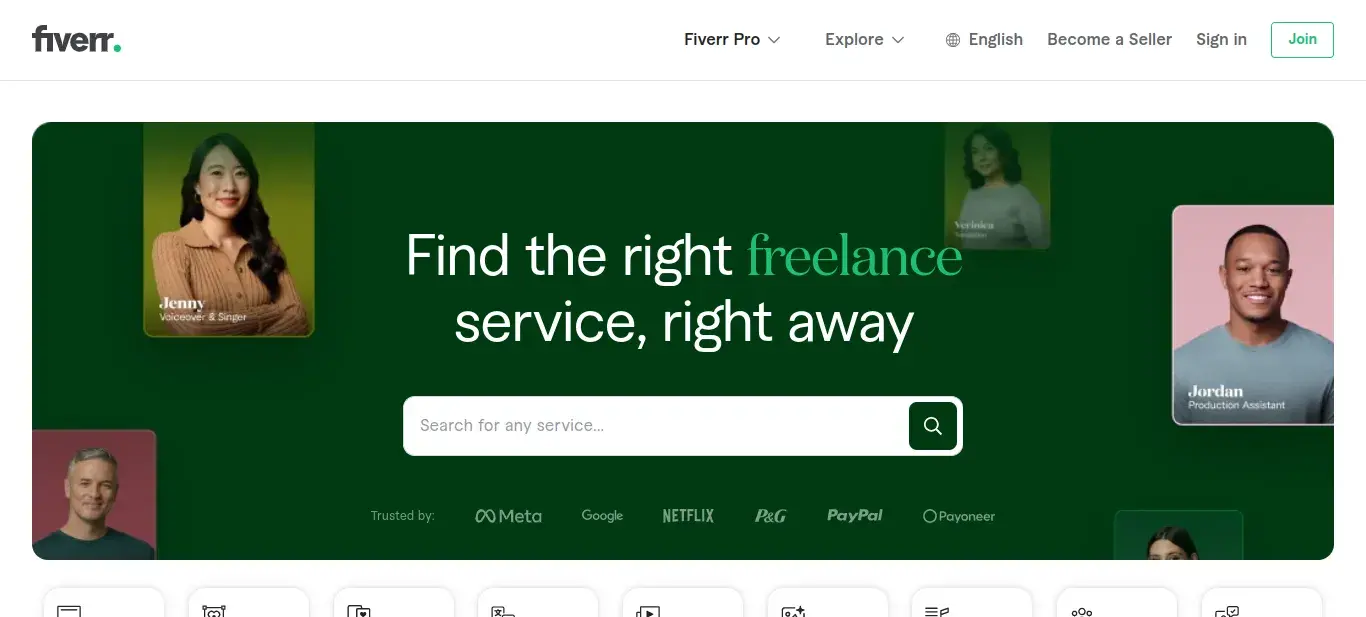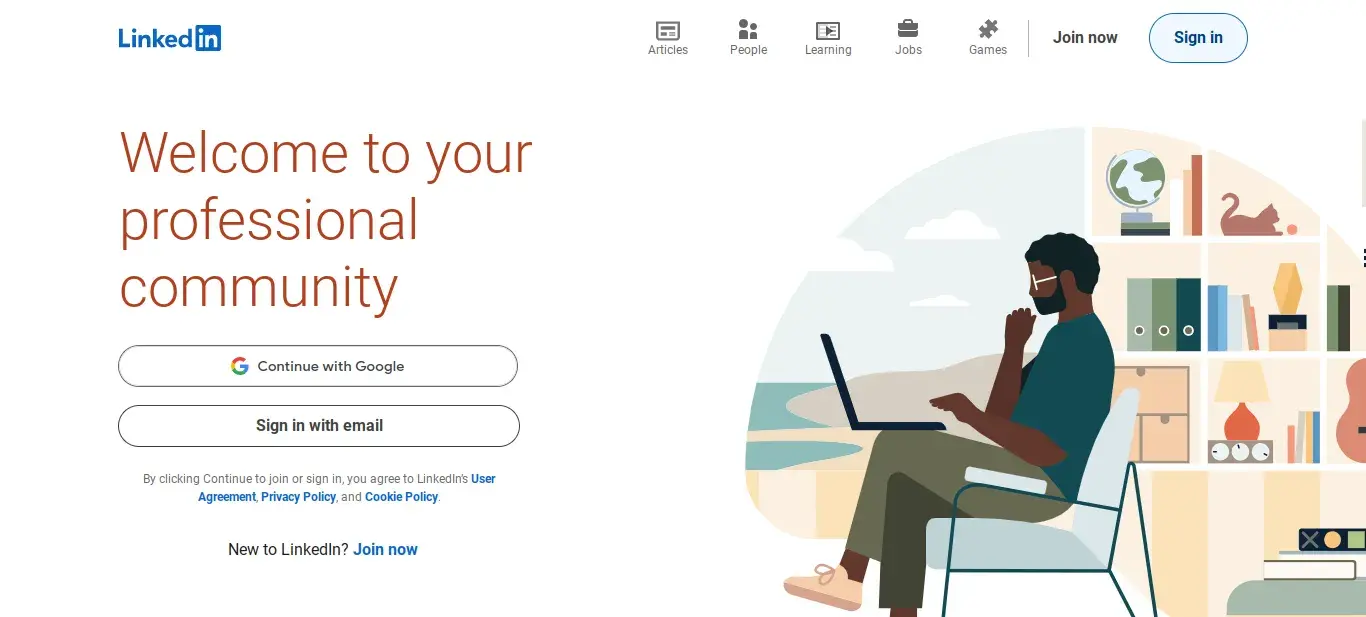Thinking of becoming a paralegal? Still learning about what it takes to become one? In this article, learn how to become a freelance paralegal, and even find out about some places online to help you get started on finding a job.
What is a Paralegal?
A paralegal is a professional who assists lawyers in delivering legal services. They are trained to perform various tasks that support attorneys in their work, such as conducting legal research, drafting legal documents like contracts and briefs, organizing and managing files, and preparing for trials and hearings.
Paralegals often play a crucial role in the legal process by ensuring that all necessary information is gathered, organized, and ready for use by attorneys.
Paralegals work in various legal settings, including law firms, corporate legal departments, government agencies, and non-profit organizations. Their responsibilities can vary widely depending on the specific area of law and the employer's needs. While paralegals cannot provide legal advice or represent clients in court (tasks reserved for licensed attorneys), they are essential in supporting lawyers to ensure efficient and effective delivery of legal services. This profession requires strong organizational skills, attention to detail, and a solid understanding of legal procedures and terminology.
What Tasks Does a Paralegal Perform?
Paralegals perform a wide range of tasks to support lawyers and facilitate the legal process. Here are twelve common tasks that paralegals typically perform:
- Legal Research
- Drafting Legal Documents
- Case Management
- Client Communication
- Investigation Support
- Trial Preparation
- Document Review
- Legal Billing
- Administrative Support
- Legal Software Management
- Compliance Monitoring
- Assisting in Real Estate Transactions
Legal Research
Conducting research on relevant laws, regulations, legal articles, and precedents to support case preparation.
Drafting Legal Documents
Preparing various legal documents such as pleadings, motions, contracts, agreements, and briefs under the supervision of attorneys.
Case Management
Organizing and managing case files, including maintaining and updating documents, evidence, and correspondence.
Client Communication
Interacting with clients to gather information, provide updates, and schedule appointments or meetings with attorneys.
Investigation Support
Assisting in investigations by gathering facts, interviewing witnesses, and preparing summaries of findings for attorney review.
Trial Preparation
Helping prepare attorneys for trials by organizing exhibits, scheduling witnesses, and preparing trial binders.
Document Review
Reviewing documents for relevancy, privilege, and responsiveness during the discovery phase of litigation.
Legal Billing
Assisting with timekeeping and billing activities, including preparing invoices and tracking billable hours.
Administrative Support
Performing administrative tasks such as scheduling meetings, managing calendars, and handling correspondence.
Legal Software Management
Using legal software for document management, case scheduling, and research purposes.
Compliance Monitoring
Monitoring legal and regulatory developments relevant to the organization or specific cases.
Assisting in Real Estate Transactions
Handling tasks related to real estate transactions, such as title searches, preparing closing documents, and coordinating closings.
These tasks demonstrate the diverse responsibilities that paralegals undertake to support attorneys in providing legal services effectively and efficiently.
How to Become a Freelance Paralegal
Becoming a freelance paralegal can offer flexibility, autonomy, and diverse work opportunities within the legal field. Freelancing allows paralegals to work independently, often on a contract basis, providing services directly to attorneys, law firms, corporations, or individuals. This guide will explore the steps and considerations involved in becoming a freelance paralegal, covering aspects such as education and training, gaining experience, setting up your freelance business, finding clients, managing your workload, and maintaining professionalism.
Education and Training Requirements
To embark on a career as a freelance paralegal, a solid educational foundation in paralegal studies or a related field is essential. While formal education requirements can vary, many aspiring paralegals pursue an associate's degree or a certificate program in paralegal studies from an accredited institution. These programs typically cover legal research, writing, ethics, and various areas of law, providing a comprehensive understanding of the legal environment.
Some paralegals also pursue bachelor's degrees in legal studies or related fields, which can enhance their credentials and provide deeper insight into legal theory and practice. Continuing education through seminars, workshops, and certifications is also valuable for staying current with legal trends and enhancing skills.
Gaining Experience
Building practical experience is crucial for freelance paralegals. Early in your career, gaining experience through internships, entry-level positions in law firms, or corporate legal departments can provide hands-on exposure to legal processes and procedures. This experience not only strengthens your skills but also helps you establish professional relationships within the legal community.
As you progress, consider specializing in a particular area of law that interests you or aligns with market demand. Specialization can distinguish you in the freelance market and attract specific clients seeking expertise in niche areas such as real estate law, family law, intellectual property, or corporate law.
Setting Up Your Freelance Paralegal Business
In order to start setting up your freelance paralegal business, here’s some areas that will help:
- Legal Structure and Licensing
- Business Plan and Financial Management
- Finding Clients
- Online Presence and Marketing
Legal Structure and Licensing
Before launching your freelance paralegal business, determine the legal structure that best suits your needs. Many freelancers opt for a sole proprietorship due to its simplicity and minimal startup requirements. However, you may also consider forming a limited liability company (LLC) to protect your personal assets and provide certain tax benefits. Consult with a business attorney or accountant to choose the right structure for your situation.
Ensure compliance with local regulations and licensing requirements for operating as a freelance paralegal in your jurisdiction. Some states may have specific guidelines or licensing requirements for paralegals, particularly if you plan to offer independent legal services.
Business Plan and Financial Management
Develop a business plan outlining your services, target market, pricing structure, and marketing strategies. Consider your competitive advantage, such as specialized skills or unique service offerings, and how you will differentiate yourself from other freelance paralegals.
Establish a financial management system to track income, expenses, and taxes. Separate personal and business finances by opening a dedicated business bank account. Determine your hourly rate or project-based fees based on industry standards, your experience level, and the complexity of the work.
Finding Clients
Networking is fundamental to attracting clients as a freelance paralegal. Attend legal industry events, join professional associations, and participate in online forums or social media groups frequented by attorneys and legal professionals. Build relationships with attorneys who may require freelance paralegal services or refer clients to you.
Consider offering pro bono or discounted services initially to build your portfolio and reputation. Positive client testimonials and word-of-mouth referrals can significantly enhance your credibility and attract new clients.
Online Presence and Marketing
Choose a great reliable web host and create a professional website showcasing your services, experience, and testimonials. Optimize your website for search engines (SEO) to increase visibility among potential clients searching for freelance paralegal services online. Utilize social media platforms such as LinkedIn to connect with attorneys and share insights on legal topics relevant to your expertise.
Engage in content marketing by writing blog posts, articles, or case studies demonstrating your knowledge and skills. Publishing informative content can establish you as a thought leader in your niche and attract inbound inquiries from potential clients seeking your expertise.
Where Can You Find a Job Online as a Freelance Paralegal?
Here are five places where you can find freelance paralegal jobs online:
- Upwork
- Freelancer
- Fiverr
- FlexJobs
Upwork

Upwork is a popular freelancing platform where clients post job opportunities, including paralegal work. Freelancers can create profiles showcasing their skills and bid on projects that match their expertise. Upwork provides a secure platform for communication, project management, and payment processing.
Freelancer

Freelancer is another large freelancing marketplace where paralegals can find job opportunities. Clients post projects, and freelancers can bid on them based on their skills and rates. Freelancer offers a wide range of categories, including legal services, and provides tools for managing projects and payments securely.
Fiverr

Fiverr is a platform where freelancers offer services starting at $5 (hence the name), including legal and paralegal services. Freelancers create "gigs" showcasing their expertise and clients can browse and hire based on their needs. Fiverr provides a streamlined platform for communication and payment processing.
FlexJobs

FlexJobs specializes in remote, part-time, freelance, and flexible jobs across various industries, including legal and paralegal work. They curate job listings from verified employers who offer flexible work arrangements, ensuring freelancers find legitimate opportunities. FlexJobs charges a membership fee to access their job listings, which filters out scams and low-quality postings.

LinkedIn is not just a social network but also a platform for professional networking and job searching. Paralegals can find freelance opportunities by following legal firms and companies that regularly post job openings. LinkedIn allows freelancers to showcase their experience and skills through their profiles, making it easier for potential clients to find and connect with them.
In Summary
Becoming a freelance paralegal offers a rewarding pathway for legal professionals seeking independence, flexibility, and the opportunity to leverage their skills in diverse practice areas. By investing in education, gaining practical experience, establishing a strong business foundation, and cultivating client relationships, freelance paralegals can build successful and sustainable careers in the evolving legal landscape.
Through proactive marketing, effective workload management, and commitment to professional development, freelance paralegals can position themselves as valuable partners to attorneys and businesses in need of specialized legal support. Embrace the challenges and opportunities inherent in freelancing, and continuously refine your skills and services to thrive in this dynamic and competitive field.
Frequently Asked Questions
Can I collaborate with other freelancers on projects?
Yes, collaboration can enhance your capabilities. Partnering with freelancers with complementary skills allows you to take on more extensive projects and offer a broader range of services.
Is It Better to Work Freelance or for a Company?
The choice between freelancing and working for a company depends on individual preferences and career goals. Freelancers have flexibility but must manage their business aspects, while working for a company may provide stability but often involves a fixed schedule. Both paths offer opportunities for success in the 3D modeling industry.
How should I pitch my services and set my rates as a freelancer?
Craft personalized pitches highlighting how your skills align with a client's needs, communicate transparently about your process and set competitive rates based on industry research and the complexity of the project.
How can I use client feedback to improve my freelance services?
Client feedback is vital for refining your marketing strategies and improving your service offerings. Regularly ask for feedback on your work, take note of any criticisms, and make adjustments to better meet the needs of your clients. This will help you build stronger relationships and retain more clients over time.

Nile Flores is a long time professional blogger, as well as WordPress website designer and developer from the St. Louis Metro East. Nile blogs at NileFlores.com, where she’s passionate about helping website owners, whether they’re small business owners or bloggers. She teaches about Blogging, Social Media, Search Engine Optimization, Website Design, and WordPress. Additionally, Nile loves to speak at WordCamps (WordPress conferences) across the United States. When Nile isn’t knee-deep in coding, she’s a proud mom of a college student, and enjoys oil painting, cigar smoking, nail art design, and practicing traditional Okinawan kempo karate.
View all posts by Nile Flores




















